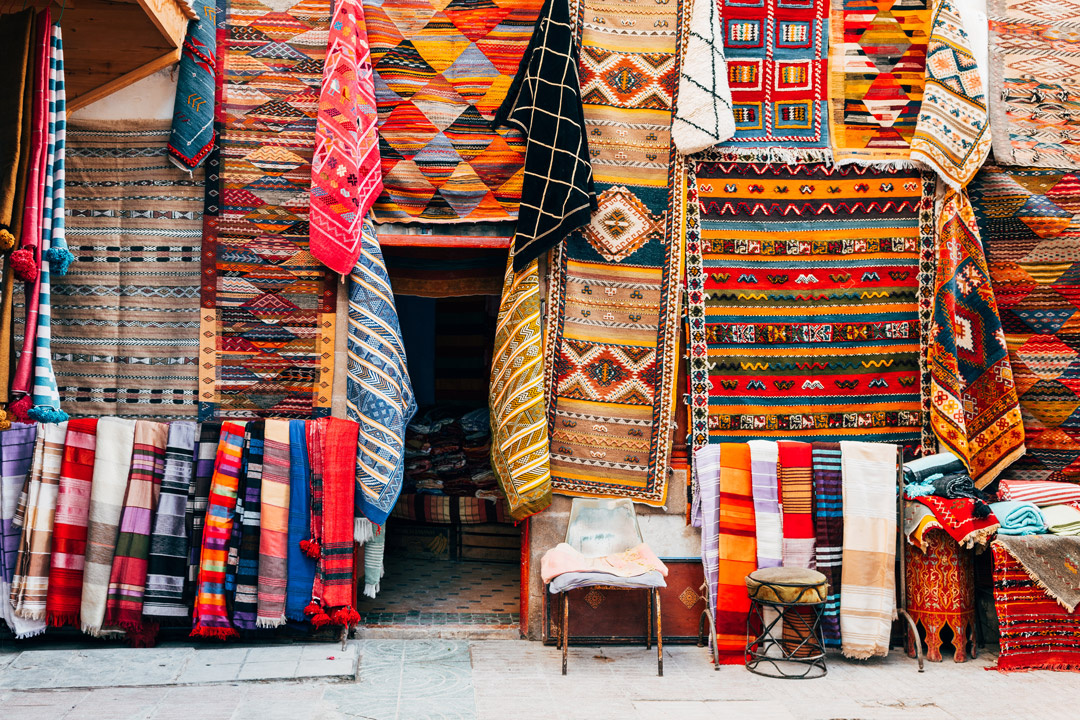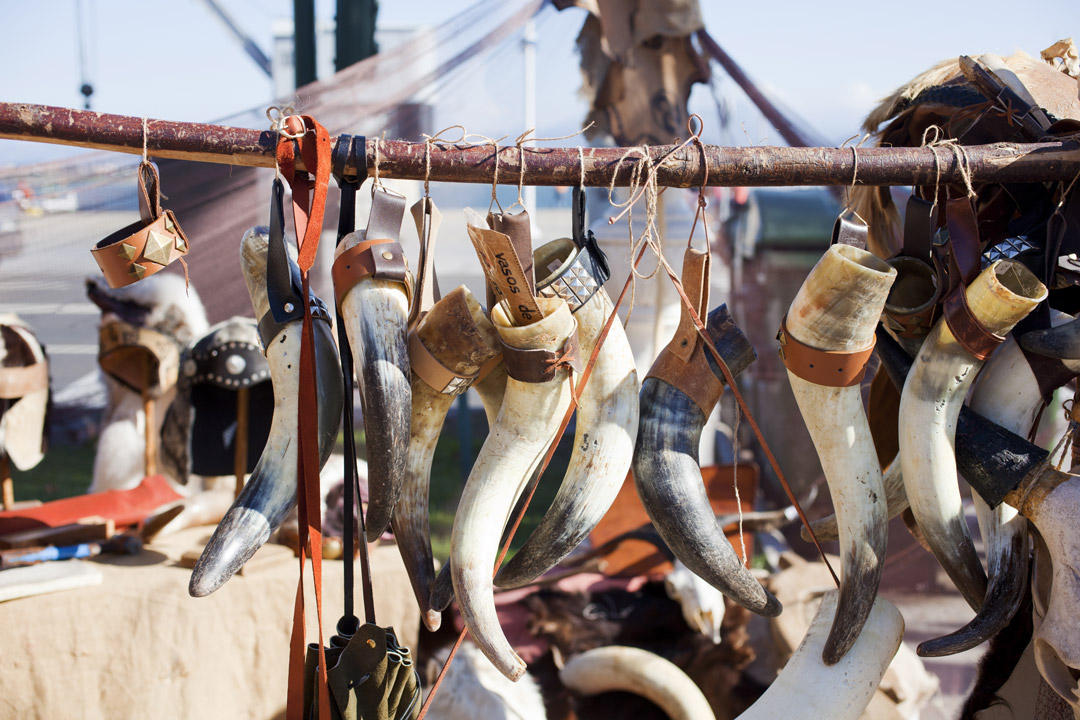Souvenirs allow travellers to carry a piece of their travel experiences back home. Like a time capsule, these tokens from your travels take you back to special memories from your trip.
While tourists can easily grab mugs and magnets from generic kitschy souvenir shops, there’s something special about selecting a unique memento with personal ties to the place it came from.
Ethical souvenirs are considerate of following the morals of fair trade in every step of the supply chain to the consumer, from using responsibly-sourced materials to custom-made craftsmanship. When purchased properly, an ethical keepsake supports the local economy, respects local traditions, and has a positive impact on the environment.
Here’s what conscious travellers need to know about finding ethical, sustainable, and fair souvenirs to commemorate their travel adventures.

Educate yourself before you go
Conduct some travel research before heading to your next destination. This will help you get familiar with the original products that the city is best known for. You can do Google searches on the location’s “best local products” or “best souvenirs to buy” to inform what to look for when you’re shopping.

Get recommendations from locals
Striking up conversation with locals to see what they recommend for souvenirs will ensure that you’re directed to the goods that best represent the local culture. Ask them what they suggest you take home, and in return, they’ll give you the lowdown on the best hidden gems from boutiques, markets, and makers in the region.

Watch out for red flag souvenirs
There are a few souvenirs you should avoid at all costs due to their harmful promotion of unethical and unsustainable tourism practices. Animal byproducts, such as furs, ivory from elephant tusks and tortoiseshell, support wildlife poaching and the further endangerment of endangered animals. Travellers can consult with CITES, the website for the Convention of International Trade in Endangered Species of Wild Fauna and Flora, for lists of what species of animals, plants, and other natural beings are under protection against exploitation through global trade.
When visiting places of historical, cultural, and religious significance, be cautious with what’s offered as souvenirs. Don’t take pieces from monuments such as the Berlin Wall or ancient ruins, as aside from damaging property, local laws are in place to forbid this offensive activity.

Avoid cheap imported trinkets
Stay away from touristy knick-knacks that appear to be cheaply-made and mass-produced. One of the tell-tale signs of cheap, mass-produced quality, is if it was made in a country outside of the one you are in. For instance, never buy anything made in Indonesia unless you are actually in Indonesia. Seeing the same souvenirs in every shop and booth you come across is another clear sign that the products were imported from somewhere else in the world.

Support local
When purchasing your souvenirs, get as close to the source as you can. Paying a visit to local community ventures such as farmers markets, food markets, flea markets, local bazaars, festivals, artisan collectives and workshops is an effective way of buying directly from local producers, farmers, artisans, and makers. On the islands of Murano and Burano in Venice, you can watch and talk to the glass-makers and lace-weavers as they create and sell their creations.
By supporting local, travellers can give back to the host city that is supporting you on your travels and pick up a one-of-a-kind item with an interesting story behind it. Your souvenir should have a fascinating memory attached to it that goes beyond being in a souvenir shop or gift shop.

Ask vendors about the souvenirs
In getting close to the source, you have a chance to engage with the vendor and discover more about their creations. To find out how ethical their goods are, be inquisitive and ask the merchant questions about who made the item, where the materials were sourced from, how the item was made, and what the meaning behind the item is. Oftentimes, the artisans have a personal connection to their craft, and the items will come to life with their stories.
Through conversation with the artisans, you will gain a deeper understanding, connection, and appreciation of the culture and its people.

Be creative with your choice of souvenirs
Think beyond standard souvenirs and opt for unique, traditional artifacts that ignite the senses, allow for shareable experiences, and capture the spirit of a country, such as food and music.
With food, you can recreate the delicious tastes and scents of the dishes and drinks you discovered during your trip. Not all food products will be permitted through customs, but items such as locally produced spices, sauces, teas and coffees can be transported across borders. Through music, you can listen to the sounds of your vacation abroad. Stop by a local music store to pick up some local favourites or buy an album recording from a local musician who you saw busking along the canal.
When you come home and invite your friends over to tell them your travel stories, you can treat them to a home-cooked meal while playing them the soundtrack of the country you visited as you transport everyone to your travels.
As much as souvenirs represent special moments from your travel adventures, they also open up an opportunity to gain valuable cultural insights and to support local cultures. Use your intuition and be curious when looking for ethical souvenirs to commemorate your memories of travelling.
By choosing to be ethically conscious in your travel decisions, you’re being a responsible traveller that will contribute to making travel sustainable for generations to come.
Happy shopping,
Elizabeth
